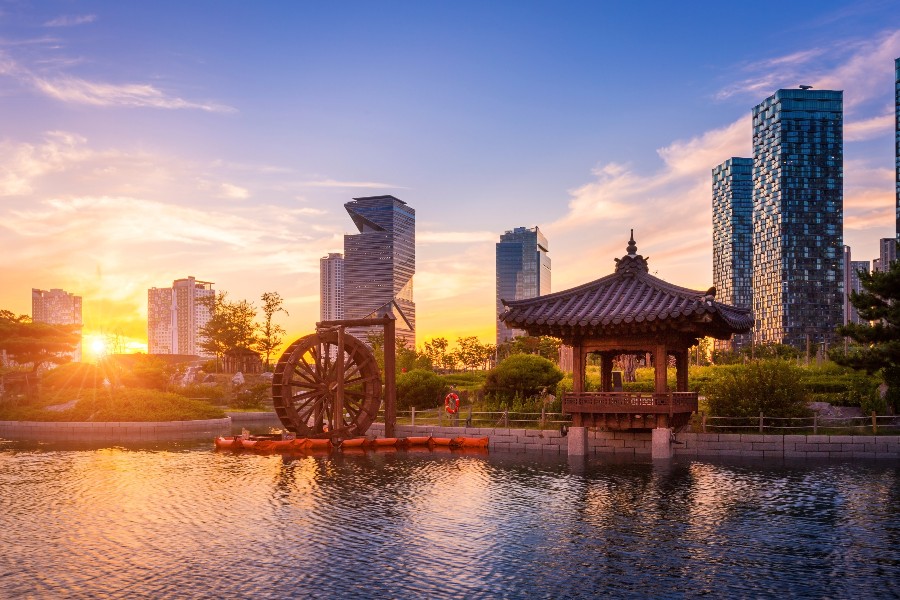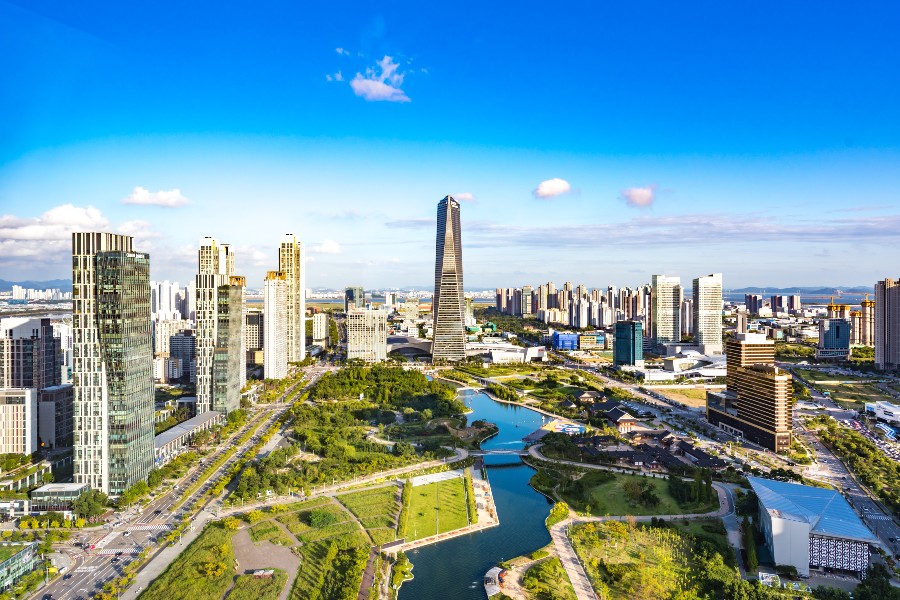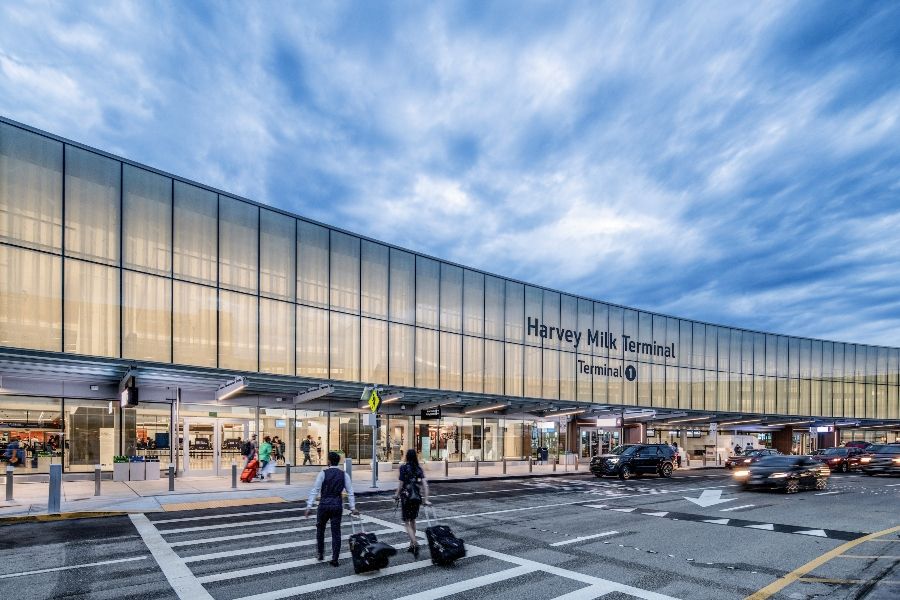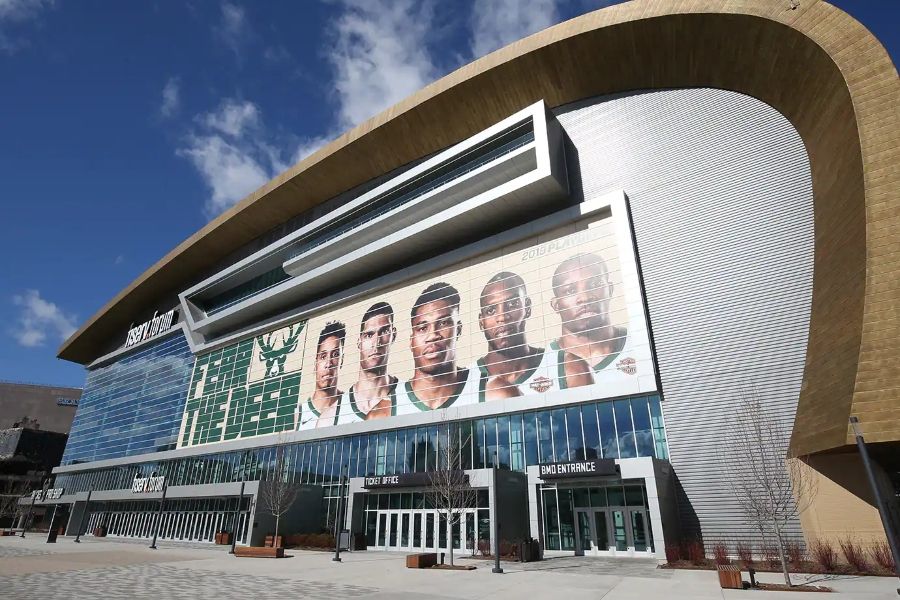Researchers at Stanford recently opened a living laboratory to test a new generation of structural designs and technologies for cities of the future. Based in the Korean “smart city” (actually a 1,500-acre business district in Incheon) of Songdo, the Stanford Center at the Incheon Global Campus pulls researchers from across the seven schools of Stanford and places them in collaboration with Korean universities, government and industries.
The team will at first focus on four key areas of sustainability and public health according to Stanford. Beyond that, the organizational structure of the center is set to encourage further collaborations within the Songdo testbed, attracting research projects from across the university and allowing students and faculty to work with corporate, government, and non-profit partners down the road.
According to Michael Lepech, faculty director at the Stanford Center and an associate professor of civil and environmental engineering, the center was inspired by a 2015 planning initiative known as SoE future that originally identified grand and global challenges that engineers could tackle in the decades to come. Chief among them sat how they could help humanity flourish in future cities.
“This center provides us with access to real-time smart city data, and unique infrastructure to test new technologies and ideas,” Lepech said. “Essentially, it’s a city-scale lab for those of us who are interested in studying these topics.”Improving data collection, storage, and visualization to improve smart technology.
- Using data to improve wellness and health for communities living in and around urban areas.
- Integrating sensor data to boost innovation and productivity at companies in the city.
- Developing methods for municipalities to invest in tech to remain competitive in a global economy and financially sustainable.
In attendance at the opening ceremony with Lepech and his team were government, academic, and corporate officials from throughout South Korea. Former secretary of the United Nations, Bahn Ki Moon, was also in attendance at the ceremony, even making the opening remarks.








